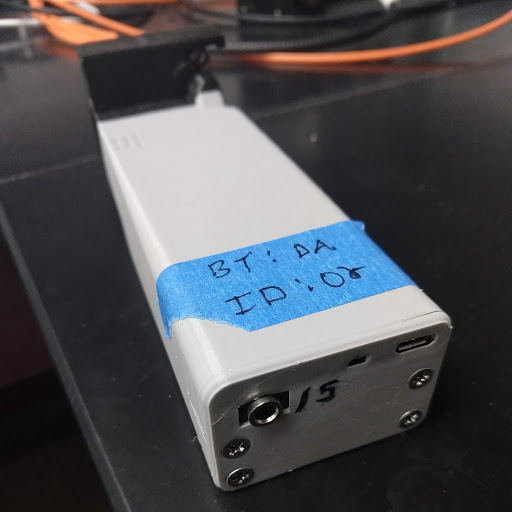Hi all, did something cool today and wanted to share, and ask a question.
So quick background: we’ve been working on a platform to make it easy to collect survey-type data + sensor type data + API type data all together, and then apply scripts to display real-time results and do math and stuff. Kind of abstract, and the project till now has been kind of specific.
Anyway, we’ve been using it in the small food and soil testing lab we built, and it works nice on our Reflectometer which we built, but of course because… we built it. However, we spend a stupid amount of time weighing stuff, writing down the weights, then transferring them into our data management system.
But yesterday, I got our the RS-232 printer port on our old Ohaus Adventurer lab scale hooked up to the Our Sci platform and boom! Pushed weights right into the survey on my android phone via RS-232 using USB OTG (allows android to access USB devices via micro USB port).
Soooo… point is, I think we can push most anything from old lab equipment RS-232 to the platform (android app, and then web interface), where you can do nice stuff with it, manage the data via the web, and show results in real time. Over the years I’ve had a LOT of old lab equipment with RS-232 jacks.
So… I’m curious to know because I’d like to test it…
What piece of equipment in your lab do you have to manually retrieve the data, especially those with USB serial, RS-232, or other print ports (by hand, or from some annoying proprietary f’ing file format that you have to convert 5 times before you can get at the data, you know what I mean). I’d love to see the list! I’d especially love to hack on it in Shenzhen if it’s smallish and portable-ish.
Thanks for humoring me 
